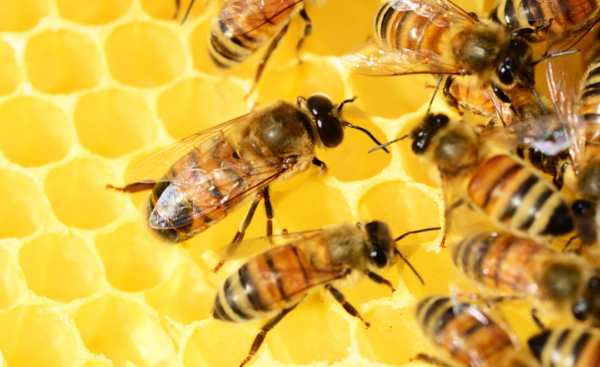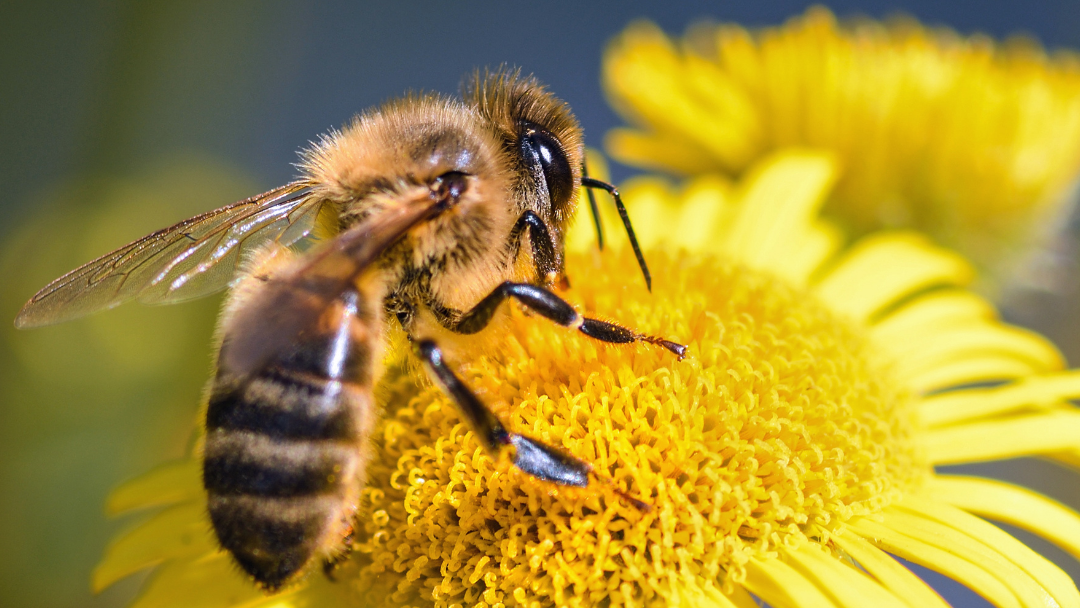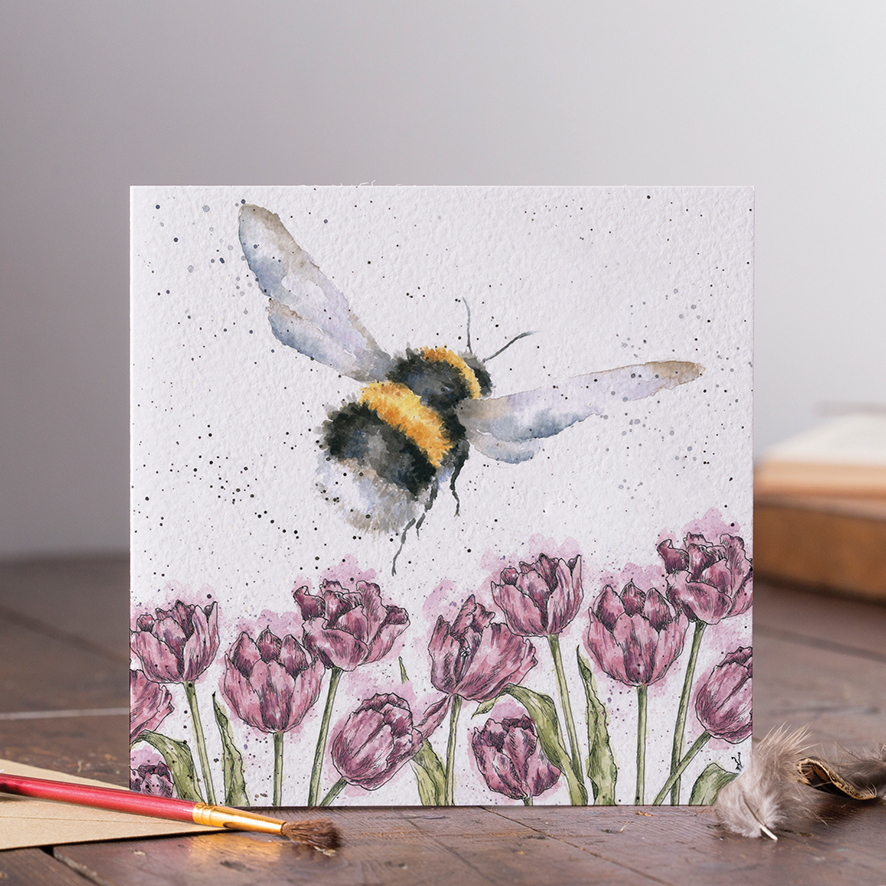20th of May was declared as World’s Bee Day a few years ago, but do not worry if this is the first time you hear about this, we will fill you in!
Bees are a source of joy, bringing smiles to most people’s faces and it is because they are often linked to the spring and summer season and who does not like a bit of sunshine?

But most importantly we all acknowledge the importance of bees to our ecosystem. Bees are very high up on a list of animals and insects human population cannot live without. The mere thought of them going extinct is about more than just not having any more honey in your cup of tea, or your porridge.
Bees pollinate 75% of the world’s food crops, not to mention the majority of the world’s wild flowers. Keeping this in mind, just imagine the chain effect this would have on all of the habitants who rely on meadows, crops and plants for survival, this sadly includes us too. There may become a time where vegetables, fruits and nuts we take for granted, may become a luxury if we do not take action now to preserve our beloved bees.
It is a well-known fact that honey bees work tirelessly to pollinate our agriculture, they spend their whole lives loyal to their beehives queen by producing honey. This resilience and work ethic is a reason behind Manchester’s emblem being a worker bee for last 150 years, which became even stronger after bombing attack in 2017.
This tragedy had a huge impact on the whole country and since then a big bee trend appeared. People started to celebrate bees, developing awareness on their importance and learning about the human impacts to their existence.
You can see honeybees and bumblebees on many products and prints now, like bags, bottles, notebooks, key rings, building awareness and love to these remarkable creatures.
This year 20th of May will give people an opportunity to consider their little bits to help:
- Look into your Local Bee community, they might be right on your doorstep without you realising, they will definitely have a few ideas of what can be done to help, and some places allow visitors too, which could be a fascinating experience!
- Grow various plants in your garden and expect some little buzzy visitors.
- Avoid unsafe pesticides to stop harmful substances affect your garden and the surrounding area too.
- Show your support by accessorising beautiful bee items, this will also be a great conversation starter.
We hope you are all bee aware now and that this year many more of us will celebrate World’s Bee Day and pay them well deserved respect!

Ha-Bee Days!



